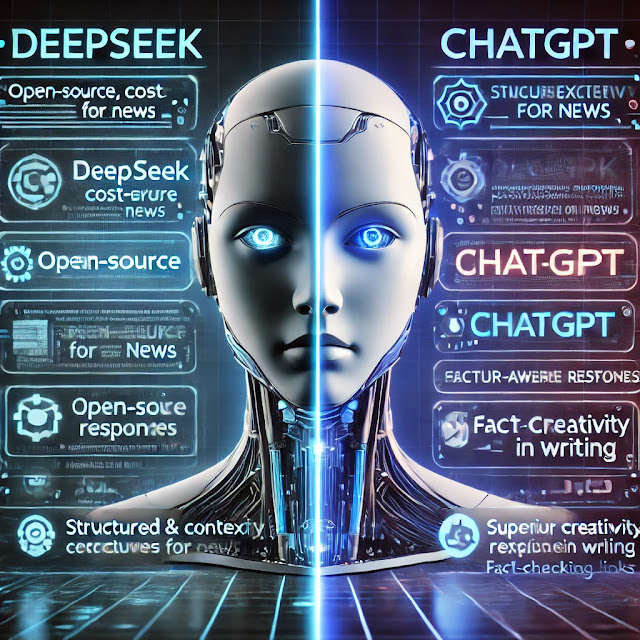Jeremy Utley of Stanford on AI as a Teammate: Boost Productivity and Creativity in 2025
 |
| Visual image of Jeremy Utley |
Speaking to The Associated Press, Utley recounted Winston Churchill’s legendary bathtub brainstorming sessions, where the British prime minister dictated speeches to an assistant. “Today, even the poorest person in Palo Alto can have what only Churchill once did: an assistant that knows their voice, context, and intent,” Utley said. “AI makes that possible. But most people aren’t tapping its full potential.”
Utley, who has taught innovation and entrepreneurship at Stanford for 15 years, co-authored the 2022 book Idea Flow—a guide to creative problem-solving—just before ChatGPT’s launch upended his field. “It felt like writing the definitive book on retail right before Amazon took over,” he joked. Since then, he’s immersed himself in studying how generative AI can amplify human creativity, partnering with organizations like the National Park Service to demonstrate its transformative power.
From “Tool” to “Teammate”: A Mindset Shift
Utley’s research reveals a stark divide in AI adoption. While studies show AI can boost productivity by 25% and output quality by 40%, fewer than 10% of professionals report meaningful gains. “The gap isn’t technical—it’s psychological,” he said.
In experiments with U.S. and European teams, Utley found that underperformers treated AI as a passive tool, accepting its first drafts as “good enough.” Top performers, however, engaged with AI as a collaborator. “If a teammate gives you mediocre work, you coach them. Why not do the same with AI?” he said. This approach led to breakthroughs like refining prompts iteratively and using AI to roleplay difficult conversations.
 |
Infographic summarizing Jeremy Utley's AI teammate productivity framework |
One example: Employees can simulate tough workplace discussions by having AI construct psychological profiles of colleagues, then roleplay their responses. “It’s like having a sparring partner for high-stakes interactions,” Utley explained.
National Park Service Saves 7,000 Days of Work
Utley’s philosophy isn’t theoretical. Last year, he trained 60 National Park Service (NPS) staffers on AI basics. Among them was Adam Rymer, a facilities manager at Glen Canyon National Park, who dreaded the paperwork required to replace carpet tiles—a process taking up to three days per request.
Using a no-code AI platform, Rymer built a tool in 45 minutes that automated forms. The NPS now estimates the tool will save 7,000 days of labor annually across its 430 parks. “This isn’t about coding genius,” Utley emphasized. “It’s about asking, ‘Where does my work suck? Can AI help?’”
“Don’t Ask AI—Let It Ask You”
Utley advocates flipping the script: Instead of querying AI, let it interview you. He instructs users to prompt models with, “You’re an AI expert. Ask me questions to figure out how I can best leverage AI.”
“Suddenly, the AI becomes a consultant uncovering needs you didn’t articulate,” he said. This method helped a healthcare executive discover AI could draft patient outreach scripts, saving her team 15 hours weekly.
Creativity in the AI Era: Beyond “Good Enough”
Utley dismisses fears that AI stifles creativity. Citing a seventh grader’s definition—“Creativity is doing more than the first thing you think of”—he argues AI’s value lies in generating volume and variation. “Humans settle for ‘good enough.’ AI lets you explore 100 ideas in minutes, not days,” he said.
He shared an anecdote from a Stanford class co-taught with Grammy-winning hip-hop artist Lecrae, who told students, “Inspiration is a discipline.” Utley now urges professionals to “curate inspiration” by feeding AI diverse inputs—articles, art, data—to fuel unique outputs. “Your perspective is the secret sauce,” he said. “Same AI, different results.”
The Future: “Creators Will Be Unleashed”
Utley’s work has drawn attention from Fortune 500 companies and startups alike. He recently advised a Silicon Valley firm to integrate AI “teammates” into brainstorming sessions, leading to a patent-pending product concept in weeks.
“Creators don’t need to fear AI—they’ll be unleashed,” he said, pointing to AI’s ability to handle drudgery so humans focus on high-impact thinking. “Churchill didn’t waste time formatting speeches. Why should we?”
As AI evolves, Utley’s mantra remains: “Don’t use AI. Work with it.” His next project? A free online course to teach “AI collaboration literacy” to non-technical professionals. “The future belongs to those who partner with machines, not just push buttons,” he said.
- “This isn’t quite right. Here’s why…”
- “Make it shorter/funnler/more data-driven.”
- Draft poetry for team-building exercises.
- Simulate customer personas for product testing.
- Generate analogies to explain complex ideas.



Comments
Post a Comment
Hi